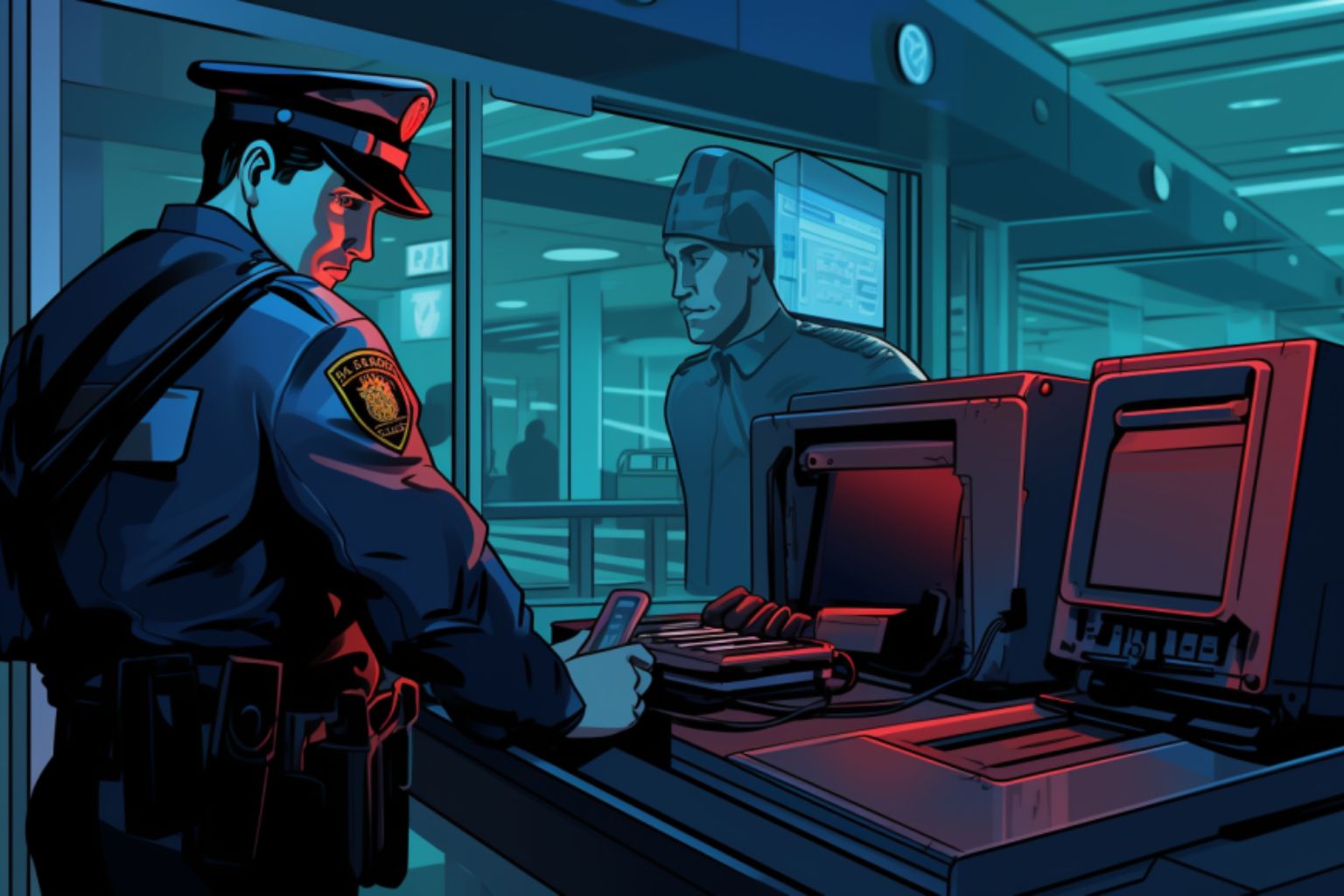The Transportation Security Administration has ordered airlines to perform a manual pat-down screening of all passengers on inbound international flights, “concentrating on upper legs and torso,” according to a memo sent to US Airways employees. The search must be performed by airline personnel during the boarding process, in addition to the regular screening at the checkpoint.
The TSA, meanwhile, has said nothing about its new security measures — either on its site, blog or Twitter feed — in the last 24 hours. However, an administration official confirmed earlier today that the president had ordered a review of airline screening procedures.
Here’s the full text of the memo, which was sent to crewmembers this morning:
Due to the recent event on Delta’s flight 253 AMS-DTW, airlines are being asked to use a best faith effort to implement, as soon as possible, the following security items on international flights arriving into the United States. We expect additional information/changes from the TSA to be disseminated within the next 24 hours.
I. BOARDING GATE
A. The aircraft operator or authorized air carrier representative must ensure all passengers are screened at the boarding gate during the boarding process using the following procedures. These procedures are in addition to the screening of all passengers at the screening checkpoint.
- 1. Perform thorough pat-down of all passengers at boarding gate prior to boarding, concentrating on upper legs and torso.
- 2. Physically inspect 100 percent of all passenger accessible property at the boarding gate prior to boarding, with focus on syringes beingtransported along with powders and/or liquids.
- 3. Current restrictions regarding liquids, aerosols, and gels will be strictly adhered to.
- 4. Crewmembers working the flight and those deadheading in uniform are exempt from the above screening measures.
II. IN FLIGHT
A. During flight, the aircraft operator must ensure that the following procedures are followed:
- 1. Passengers must remain in seats beginning 1 hour prior to arrival at destination.
- 2. Passenger access to carry-on baggage is prohibited beginning 1 hour prior to arrival at destination.
- 3. Disable passenger cabin SATCOM capability. Any need for air to ground communication will be coordinated through the flight deck. GPS generated moving maps in the cabin will also be disabled. Attempts to access the moving map display will lock up the screen requiring a Flight Attendant reset to access other components of the IFE program.
- 4. While over U.S. airspace, flight crew may not make any announcement to passengers concerning flight path or position over cities or landmarks.
- 5. Passengers may not conceal their hands under blankets, pillows, or personal belongings held on their lap beginning 1 hour prior to arrival at destination. Pillows and blankets may be stowed under the seat in front or in overhead bins. Customers may retain any reading material issued by the Company and/or a personal book. They may also retain a jacket or sweater as long as their hands are not concealed by the garment.
Please contact your dispatcher or Chief Pilot Office if you have any questions concerning the above items.
Lyle Hogg
Vice President Flight Operations
I’ve reported some of this information already, but the pat-down order is a new one. I wasn’t aware that crew members were trained to handle pat-down screenings. This should be interesting. (Here’s how to handle the TSA when you travel.)
If anyone reading this has experienced the “100 percent pat-down” screening rule firsthand, please let me know.




